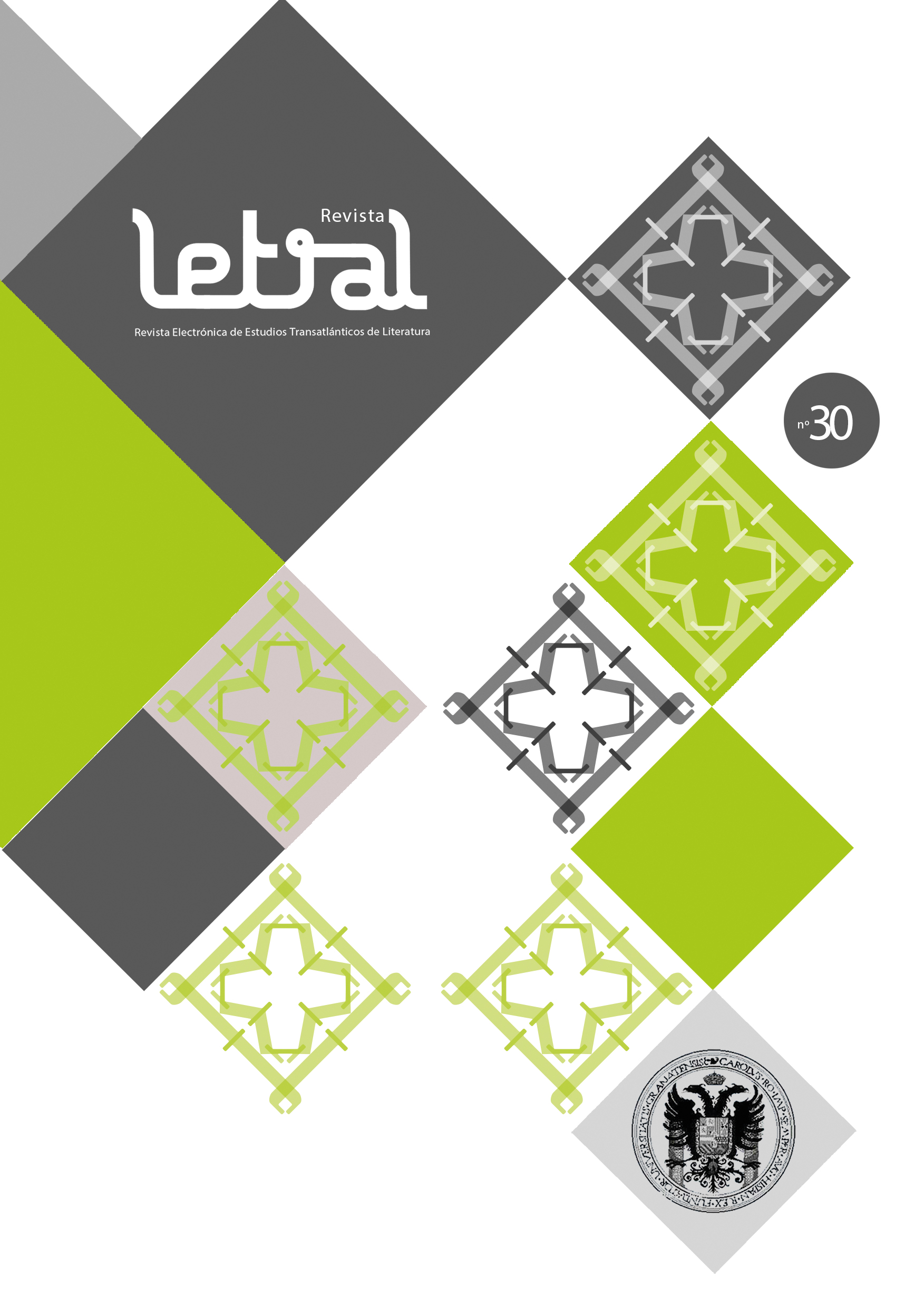Fractura, by Andrés Neuman: The Reconstruction of Memory From the Scars and Voices of Four Women.
DOI:
https://doi.org/10.30827/rl.vi30.26678Keywords:
women, memory, body, exiles, spacesAbstract
Andrés Neuman brings to life with his novel Fractura a story of loss, love, reconstruction, and scars of the memory of a man facing oblivion. Four women reconstruct the protagonist's memories through a journalist's interviews. The testimonies constitute the link that connects the parts of a puzzle of broken pieces, which allude to the memory narrated from the perspectives of the women in his life. Neuman establishes a concatenation of testimonies provided by the female voices, which are integrated to immerse the reader in the biography of the protagonist. To this end, the female voices draw the most representative scenarios of a survivor of the Fukushima atomic bomb. The story takes place between the dichotomies posed by the author around the episodes of love and pain, life and death, youth and old age, light and darkness, past and present, memory, and oblivion.
Downloads
References
Aínsa, Fernando. “Nueva cartografía de la pertenencia. La pérdida del territorio en la narrativa Latinoamericana”. Iberoamericana, 14, n.º 54, 2014, pp. 111-126.
Bou, Enric. “Construcción autobiográfica y exilio: entre la memoria individual y la colectiva”. Revista Canadiense de Estudios Hispánicos, 30, n.º 1, 2005, pp. 17-32.
Carpentier, Alejo. Los pasos perdidos. Madrid, Cooperación Editorial, 2012.
Chatellus, Adélaïde. “El viajero del siglo de Andrés Neuman ¿Una novela total?”. INTI, n.º 83-84, 2016, pp. 187-200.
Ferrer Calle, Javier. Las cadenas de la identidad: poéticas del desarraigo y el viaje en la obra de Andrés Neuman. Madrid, Iberoamericana–Vervuert, 2022.
Giardinelli, Mempo. “Variaciones sobre la posmodernidad, o ¿qué es eso del posboom latinoamericano?”. Escritos, Revista del Centro de Ciencias del Lenguaje, n.º 13-14, 1996, pp. 261-269.
González, Aníbal. “Viaje a la semilla del amor. Del amor y otros demonios y la nueva narrativa sentimental”. Hispanic Review, 74, n.º 4, 2005, pp. 389-408.
Halbwachs, Maurice. La memoria colectiva. Trad, Federico Balcarce. Buenos Aires, Miño Dávila, 2010.
Hardtmann, Gertrud. “Lebensgeschichte und Identität. Die zweite Generation–Opfer und Täter”. Unverlierbare Zeit. Psychosoziale Spätfolgen des Nationalsozialismus bei Nachkommen von Opfern und Tätern. Kurt Grünberg (ed.), Tübingen, Diskord, 2001, pp. 39-56.
Jelin, Elizabeth. Los trabajos de la memoria. Madrid, Siglo XXI, 2002.
Méndez Guédez, Juan Carlos. “El regreso del fin”. Cuadernos Hispanoamericanos, n.º 820, 2018, s/p.
Neuman, Andrés. Fractura. Barcelona, Alfaguara, 2019.
Ricoeur, Paul. La lectura del tiempo pasado: memoria y olvido. Madrid-Arrecife, Universidad Autónoma de Madrid, 1999.
Saban Karen. “De la memoria cultural a la transculturación de la memoria”. Revista Chilena de Literatura, n.º 101, 2020, pp. 379-404.
Zavala, Iris. “Escribir desde el exilio”. Hispamérica, n.º 117, 2010, pp. 65-72.
Published
How to Cite
Issue
Section
License
Revista Letral is an open access journal under a Creative Commons Atribución-NoComercial 4.0 license.
The works published in this journal may be reused, distributed and publicly presented for non-commercial purposes, provided that: cite the authorship and the original source of the publication (journal, publisher and URL of the work).
We strongly recommended you to share our published articles in social and scientific networks, institutional and public repositories, personal or institutional websites, blogs, Google Scholar, ORCID, ResearchID, ScopusID, etc.
The journal allow the author(s) to hold the copyright and to retain publishing rights without restrictions.
We are completely free, both for readers and authors.














